One of the most important traits of a strong leader is the ability to ask the right kinds of questions. And leaders should also not be afraid to say they don’t know the answer when asked a question outside of their depth. Instead, when that happens, a leader should solicit help from others to find the appropriate solution.
Research indicates that expressing vulnerability and seeking help is a powerful signal to others that you are trusting, and also trustworthy in return. Even further than that, learning how to ask questions well will help you develop more meaningful connections with others, and can lead to more innovation together.
So, what should leaders do to improve upon their question-asking skills? John Hagel III of Harvard Business Review discusses practices to accomplish exactly that.
Ask Big Questions
To be clear straight off the bat, this advice is not saying you should ask pointed questions that put someone else on the spot. The types of questions that a good leader should ask are those that bring others together in order to look into unknown possibilities.
Some examples include:
- What is a game-changing opportunity that could create much more value than we have delivered in the past?
- What are emerging unmet needs of our customers that could provide the foundation for an entirely new business?
- How could we leverage the resources of third parties to address a broader range of the needs of our customers?
Focusing your questions on new opportunities rather than on existing activities of the organization will also prevent you from feeling gobsmacked if there’s an answer you don’t know, because there’s no way you would have known it in the first place. These types of questions also show that you are ambitious and want to take your organization further than it currently is today.
Involve Others
Collaboration is key to organizational growth and success. Don’t settle for asking a question to just the obvious person; instead, broadcast it to a larger audience in your company, or even beyond it (such as, to your consumers). This will help your organization grow faster and gain more knowledge outside of its area of immediate expertise.
Being able to admit a knowledge gap that exists in your organization will show your buyers that you are open to improvement and value their feedback. If more organizations were willing to ask for help from their customers and other stakeholders when experiencing an issue, they would likely have much greater success in reestablishing trust.
Change Your Culture
There is a lot of anxiety in most workplaces, and asking these kinds of questions may serve to quell some of that in your organization. Emphasizing short-term actions that can be accomplished together can provide a calming effect during a crisis situation. After all, coming together with others is a proven way to lessen or overcome anxiety.
Another positive effect of asking questions is that it will inspire others in your organization to do the same, and also to feel comfortable doing so. This leads to a culture of learning, which is going to be absolutely key to running a successful business in the future.
* * *
You can read more about how Good Leadership Is About Asking Good Questions at Harvard Business Review.
Newsletter
Blog Categories
Recent Posts

[Tech x Talent Dashboard] It’s time to change DEI metrics and tactics

3 Quick Tips to Improve Your Hiring Process

Beyond the Checkbox: DEI in 2024 and Beyond

The Unexpected Secret to Effective Rapid Response Hiring




